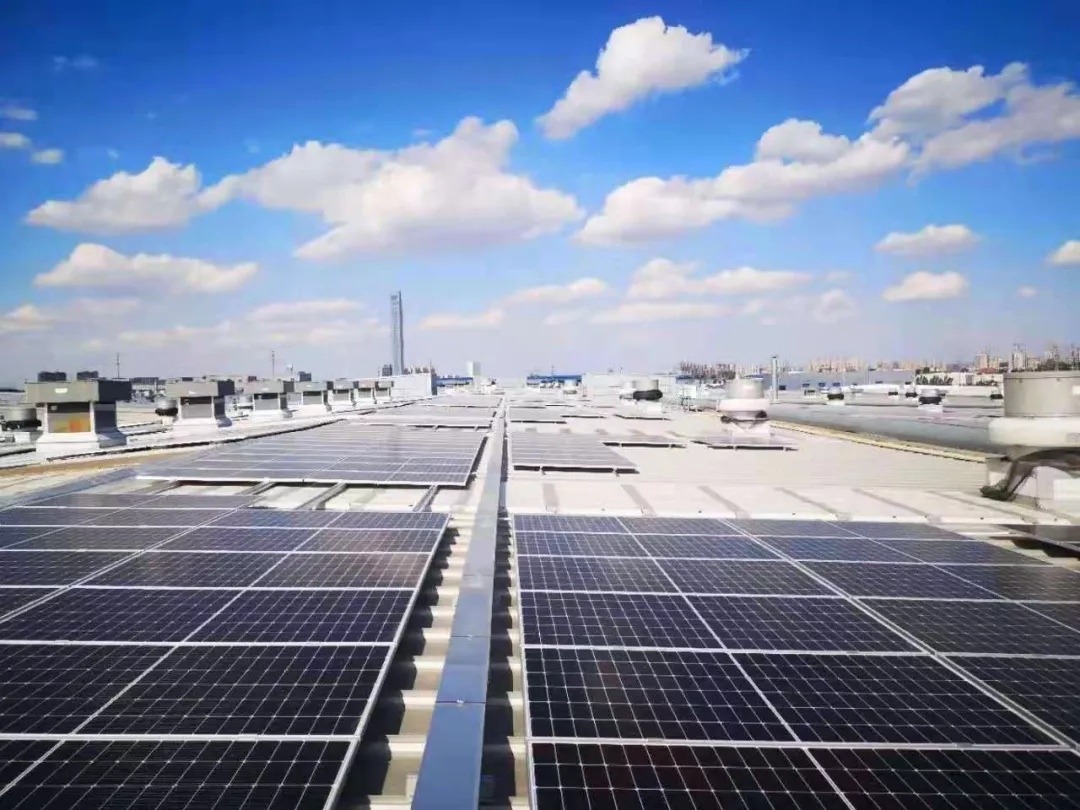Introduction: Solar photovoltaic (PV) power generation has gained significant attention as a clean and renewable energy source. Beyond its environmental benefits, solar energy also has a positive impact on human health. In this blog post, we will explore the relationship between solar PV power generation and human health, highlighting the advantages it brings in terms of air quality improvement, reduced exposure to harmful pollutants, and enhanced community well-being.
-
Improved Air Quality: Traditional energy sources, such as coal and natural gas, release harmful pollutants into the atmosphere, contributing to air pollution and its associated health risks. Solar PV power generation produces electricity without generating any air pollutants or greenhouse gases during operation. By transitioning to solar energy, we can significantly reduce the emissions of pollutants like sulfur dioxide, nitrogen oxides, and particulate matter, leading to improved air quality. Cleaner air translates to lower risks of respiratory diseases, cardiovascular problems, and other health issues caused by air pollution. The adoption of solar PV contributes to creating healthier living environments for individuals and communities.
-
Reduced Exposure to Harmful Pollutants: In addition to improving outdoor air quality, solar PV power generation helps reduce exposure to harmful indoor pollutants. Many households in developing countries rely on kerosene lamps or wood-burning stoves for lighting and cooking, which release toxic fumes and pollutants. Solar-powered lighting and cooking systems provide a safe and clean alternative, eliminating indoor air pollution and reducing health risks associated with indoor smoke inhalation. By promoting the use of solar energy, we can mitigate the adverse effects of indoor pollutants, particularly in communities with limited access to clean energy sources.
-
Noise Reduction: Conventional power generation from fossil fuel-based sources often involves noisy machinery and equipment, contributing to noise pollution. Solar PV systems, on the other hand, operate silently, without generating any noise during electricity generation. This noise reduction has significant benefits for human health and well-being. Prolonged exposure to high levels of noise can lead to stress, sleep disturbances, and various physiological and psychological disorders. By utilizing solar energy, we can create quieter and more peaceful living environments, positively impacting the overall quality of life and promoting better mental and physical health.
-
Community Well-being and Resilience: Solar PV power generation also enhances community well-being and resilience. Access to reliable and affordable electricity is crucial for various aspects of human health, including healthcare services, education, and economic opportunities. Solar energy provides decentralized and independent power supply, reducing the vulnerability of communities to disruptions caused by natural disasters, grid failures, or energy price fluctuations. By enabling energy self-sufficiency, solar PV systems enhance community resilience, ensuring access to essential services and improving overall quality of life, particularly in remote or underserved areas.
Conclusion: Solar photovoltaic power generation offers significant benefits for human health and well-being. Through improved air quality, reduced exposure to harmful pollutants, noise reduction, and enhanced community resilience, solar energy positively impacts our health at both the individual and community levels. As we continue to prioritize sustainability and the well-being of future generations, the widespread adoption of solar PV systems becomes paramount. By harnessing the power of the sun, we can create healthier and more sustainable living environments, contributing to a brighter and healthier future for all.

